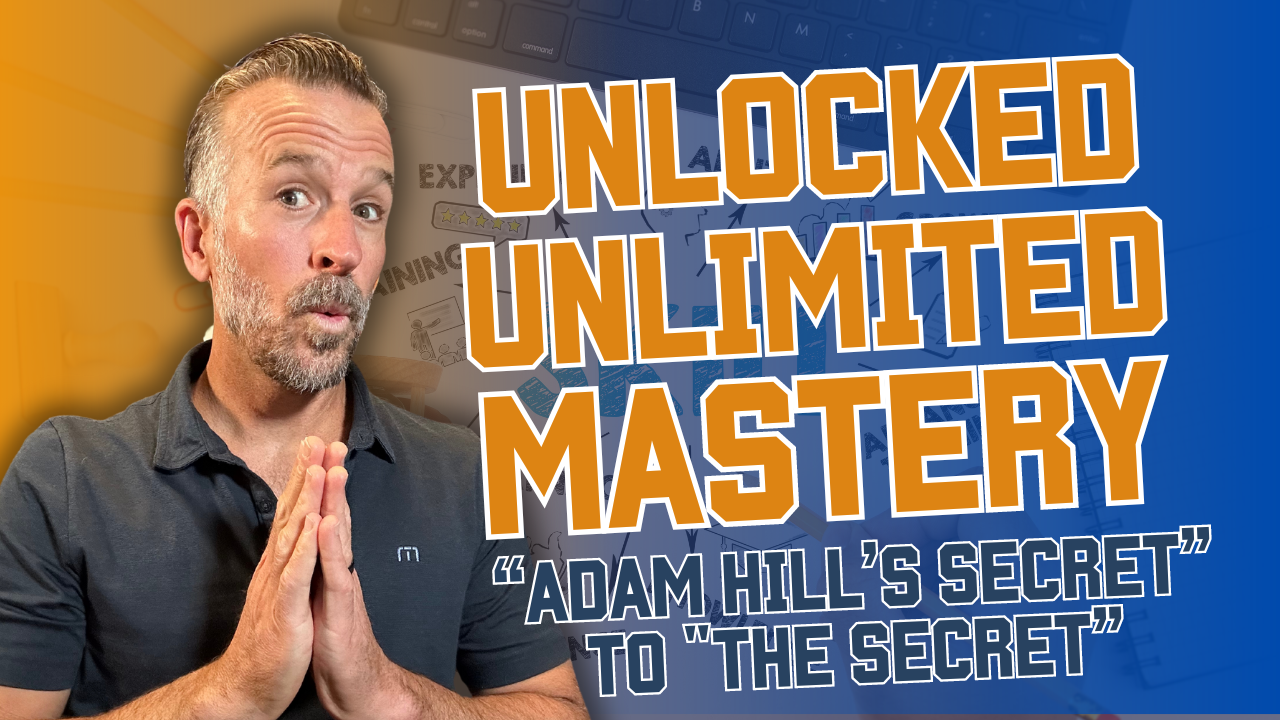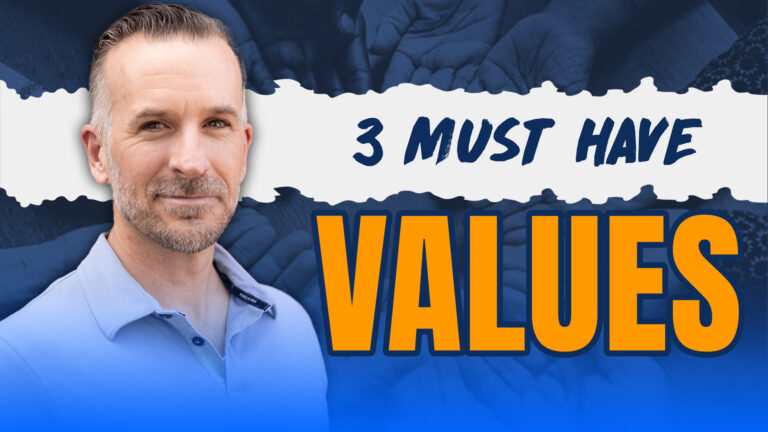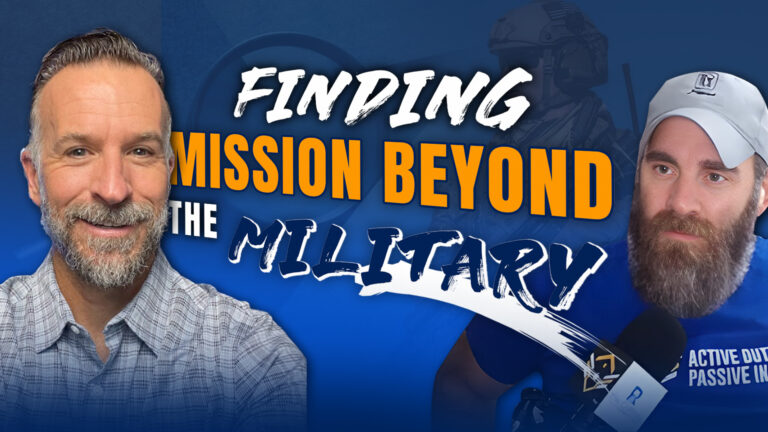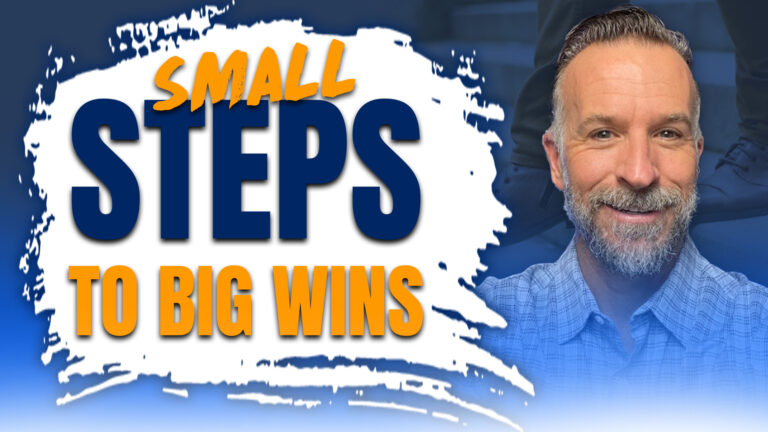How to Master Anything
How to master ANYTHING in just 20 hours? In this episode, Adam Hill shares research-backed framework for gaining competency in new skills efficiently. He talks about the myth that it takes 10,000 hours to become an expert, and instead focuses on the power of “foundational mastery.”
Learn how spending a short period (just 20 hours!) focusing intensely on the fundamentals can give you a base level ability. And how you can then “stack” additional skills on top through practice. This approach makes it possible to develop mastery in multiple areas simultaneously.
Whether you want to learn a new musical instrument, sport, language or other skill, this episode provides an empowering mindset shift. Gain confidence that you can achieve mastery through short focused periods of practice.
Here are some power takeaways from today’s conversation:
- The 10,000-hour rule debunked
- The power of foundational mastery
- The next level of mastery: stacking
- How to get to world-class expert-ville
Episode Highlights:
[05:14] Debunking the 10,000 Hour Rule: Mastery Made More Achievable
The 10,000 hour rule comes from Malcolm Gladwell’s book Outliers but has been shown to have many variables and does not apply as a fixed standard. It was intended to refer to becoming among the absolute best in the world at a skill, not just achieving mastery or competency. Research discussed in the TED talk “The First 20 Hours” by Josh Kaufman found that around 20 hours of focused practice on fundamentals is often enough to gain an initial level of competency in most skills. Natural abilities, prior related skills, coaching, and how practice time is used also impact skill development more than raw hours alone. The 10,000 hour figure led many people to believe mastery requires an unrealistic amount of time and practice, discouraging them from even trying new skills. Debunking this myth makes mastery seem more achievable.
[13:26] Understanding the Concept of Foundational Mastery
Foundational mastery refers to gaining an initial level of competency in a new skill through focused practice of the fundamentals over a short period, such as 20 hours (Josh Kaufman, The First 20 Hours). It involves focusing on the 20% of activities that produce 80% of results, like fundamentals, form, technique, etc. rather than complex aspects. Foundational mastery is the first stage of gaining proficiency in order to progress towards higher levels of skill and mastery over time.
[18:31] The Next Level Mastery: Stacking
“Stacking” refers to the process of adding additional related skills or aspects on top of the foundational mastery that has already been achieved in one area. Once a base level of competency is developed through foundational mastery, stacking involves applying what was learned to progressively expand mastery into other peripheral or complementary skills through further practice, building on the existing foundation to gain higher levels of overall ability more efficiently.
[24:27] The Journey to Mastery: Swift Progress and the Long Tail of Expertise
As you embark on your journey towards mastery, you’ll be pleasantly surprised by how swiftly you make progress. With focused effort and dedication, you’ll find yourself reaching approximately 90% of your desired skill level in a relatively short period. However, it’s important to remember that the final 10% is what distinguishes the competent from the true experts. This is where the concept of the long tail of mastery comes into play. While it may require more time and effort, it is in this last stretch that you will truly solidify your expertise and stand out in your chosen field.
Resources Mentioned:
Follow Adam…
Sign up for my newsletter and get my free Foundations of Flow Training:
Follow me and turn fear into flow!
IG: @theadamchill
YouTube: @adamchill
TikTok: @theadamchill







